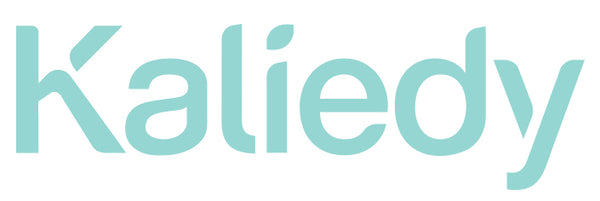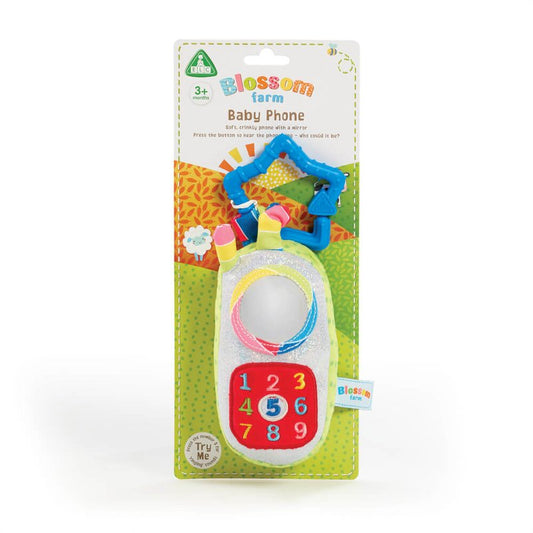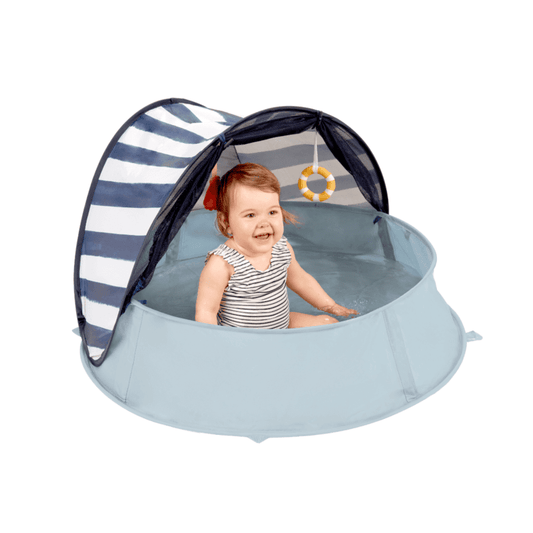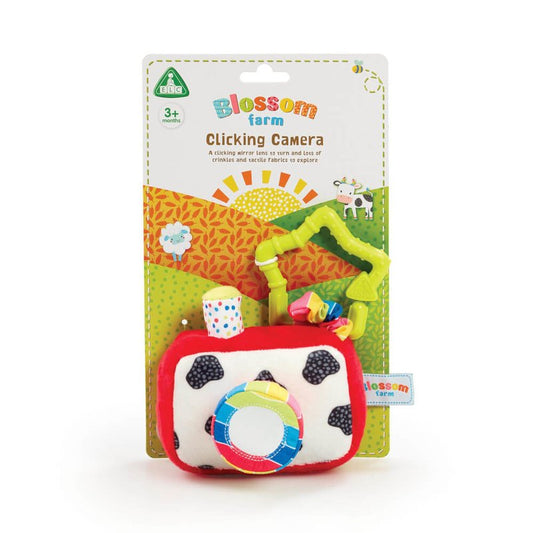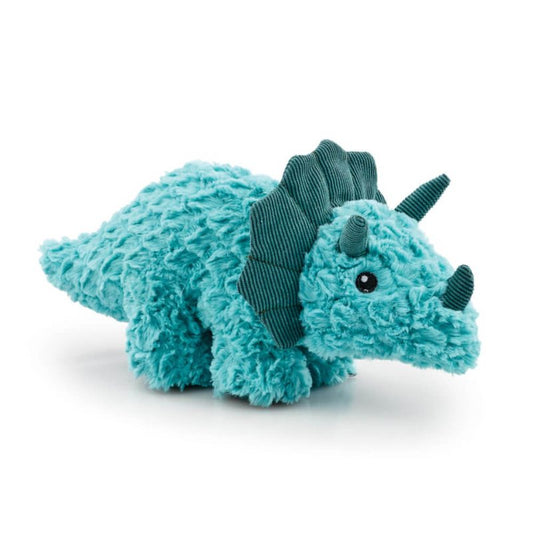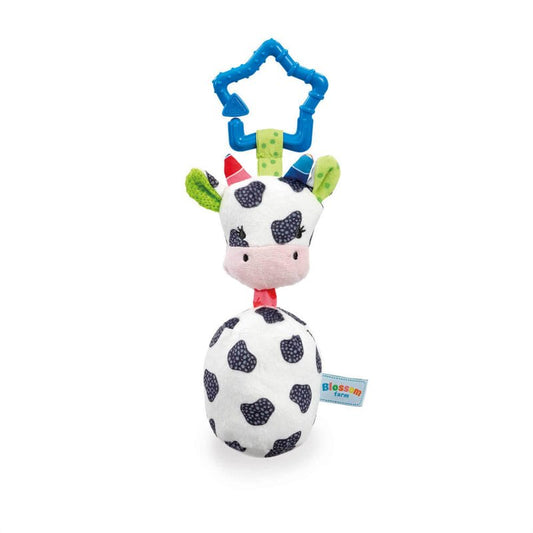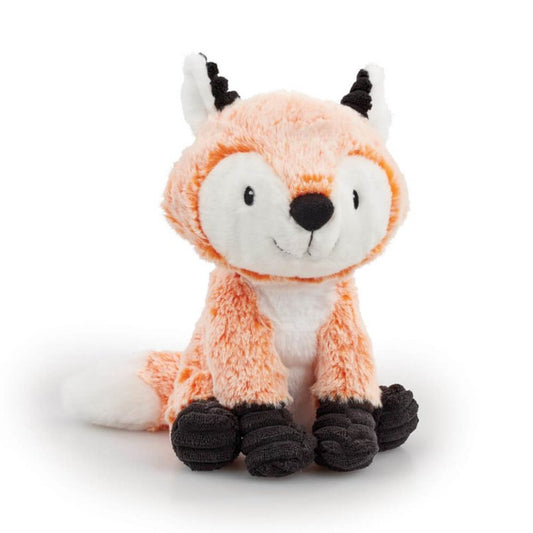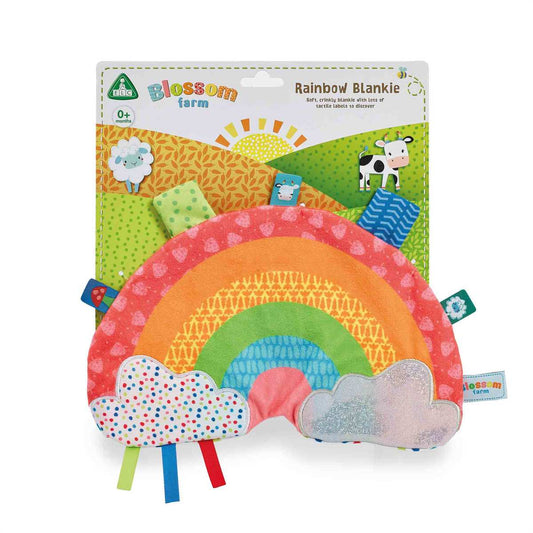Baby's First Words
As your little one approaches their first birthday and begins to explore their surroundings, you may be eagerly anticipating the emergence of their first words! As babies grow, they begin to associate certain sounds with certain lip movements as they listen and watch you and others around them! You’ll notice as your baby’s language develops, they will move from cooing to babbling to saying their first words. It’s important to remember that progress is gradual, and all children develop at different rates. Young children often experience a language explosion at around 19-20 months and by 2 years of age, your toddler will most likely be combining words into short phrases and sentences.
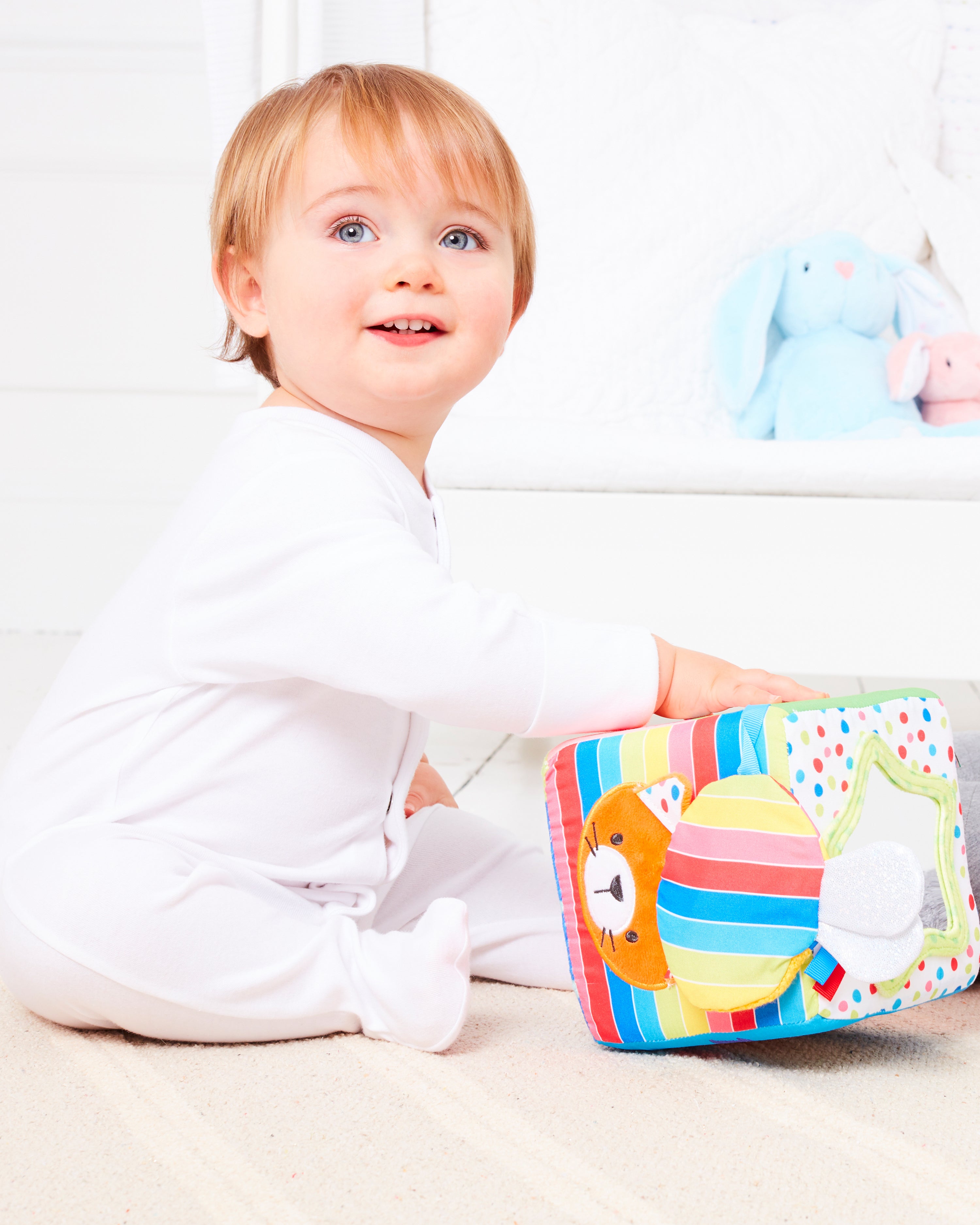
How Many Words Should My Child Have?
As your child's language skills continue to develop, you may begin to wonder how many words they should have at each stage. This is likely the most common question that Paediatric Speech and Language Therapists are asked. But first, we need to know what counts as a word. Here are some things to consider:
What Counts as a Word?
• Word Approximations: These are attempts at words that sound different from the actual word but are often still recognisable to the listener. For example, your child may say "buh" instead of "bus" or "ha" for "hat." These approximations are common and expected in young children.
• Symbolic Sounds: In addition to word approximations, sounds like "baa," "moo!," "beep!," and "vroom!" all count as words! They are easy to imitate and fun for children to make, so they often appear before words like "sheep," "cow," and "car."
• Exclamatory Words: These are words like "oops!," "yay!," "uh oh," and "weee!". They are considered "people sounds" and are often modelled in a playful way, making children more likely to imitate them.
• Sign Language and Pictures: If your child is signing "more" or "all done," or using pictures to request "juice" or "snack," these all count toward their total word count! In fact, sign language and picture-based communication systems can be extremely beneficial for children who may have difficulty with spoken language.
Remember..
If a word is being used consistently and intentionally to refer to something or someone, it counts as a word! Now that you know what counts as a word, listen closely for them throughout your child's day. While it's important to create a language-rich environment by talking with your little one, it's equally important to pause and listen. You might be surprised at how many words your child has, and how they use them in different contexts!
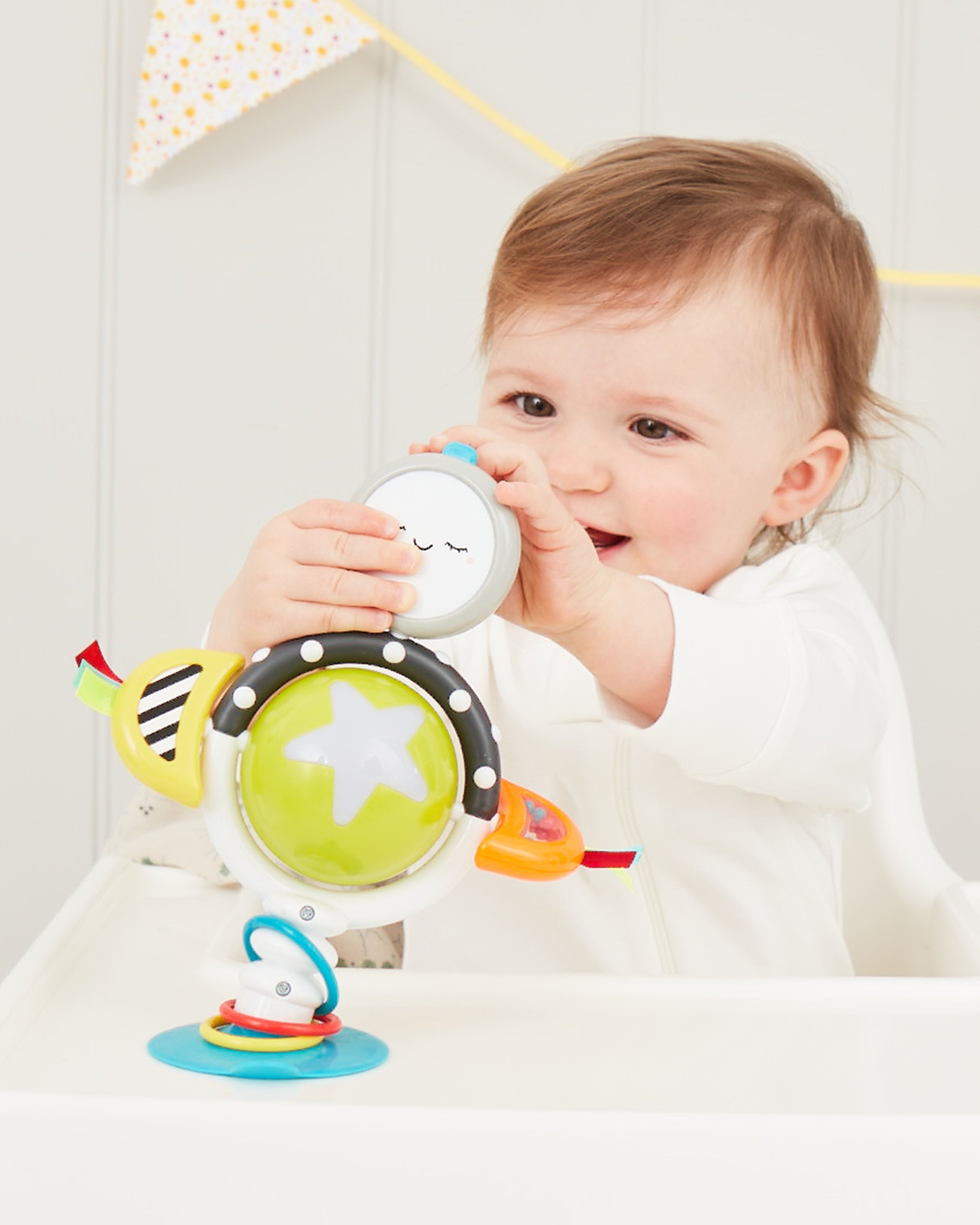
We Have Single Words, What Next?
Once your child has acquired a number of single words (typically at least 50), they will start to combine them into phrases and sentences. This is an exciting time for both you and your child, as you will begin to witness their language development progress at a rapid pace. At first, their word combinations will simply express two ideas using any two words (such as "Mama up" when they want to be picked up). However, as children progress and become more comfortable with language, their word combinations will often include action words, such as "want juice" or "bus go!"
How Can You Help?
As a parent or caregiver, it's important to continue encouraging and supporting your child's language development by following their lead and mapping language onto their immediate experiences. Remember to pause and allow your child to respond, even if it takes them a moment. By doing this, not only are you giving them the processing time they need, but you are also showing them that their thoughts and ideas are important and valued.
Keep in mind…
Language development is a complex process that takes time and patience. All children grow and learn at different rates but you, their parent, are the best person to provide them with the support and guidance they need. Sometimes that will mean getting a little extra help from a professional, and that’s ok too.
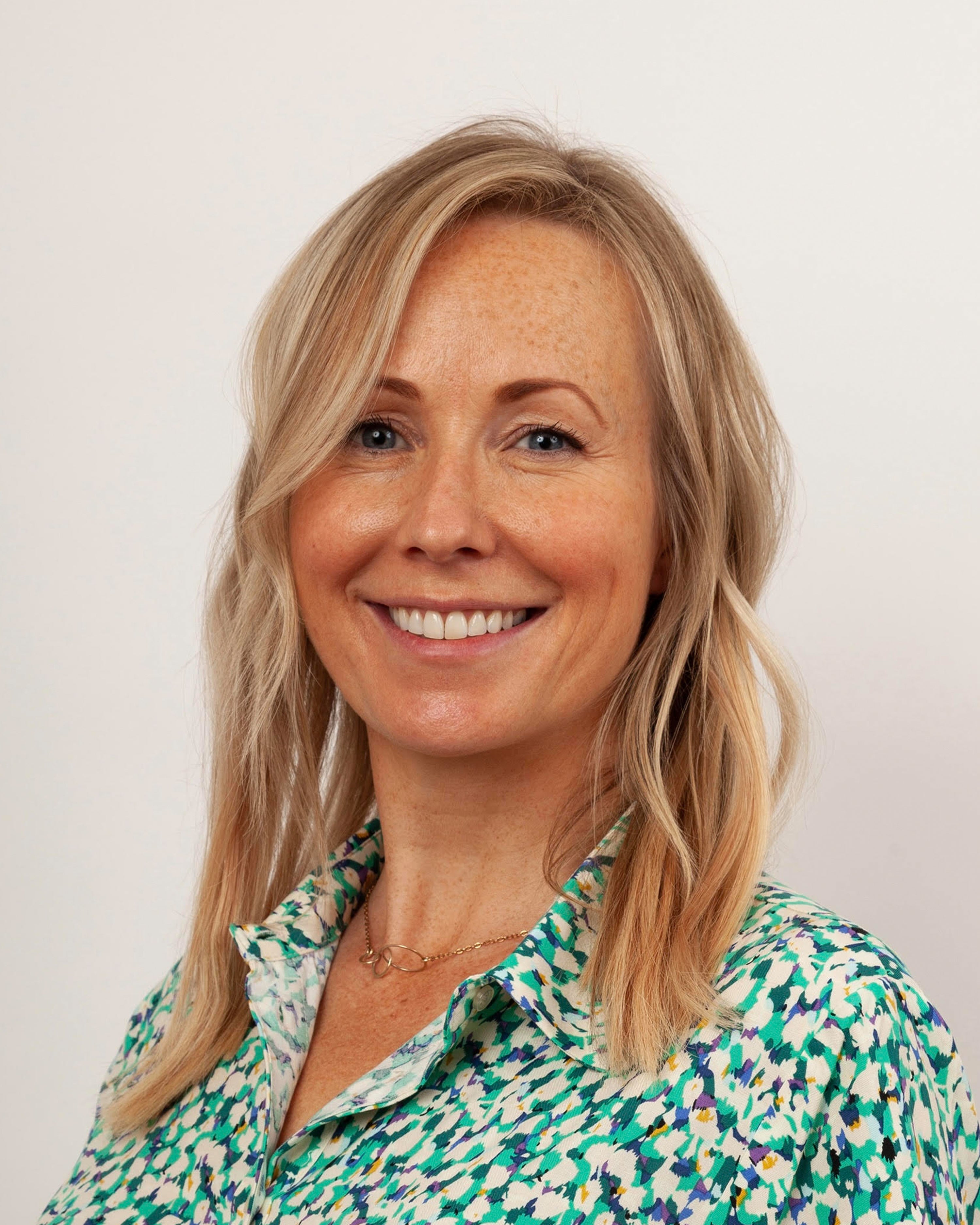
Jenny Hillier Bio
Jenny Hillier is a Paediatric Speech and Language Therapist and NLA Trained Clinician. Jenny worked as a School Based Speech Pathologist in Australia, before returning home to start a family and open her own private practice in Naas, Co. Kildare. With a keen interest in early intervention and all things neurodiversity, Jenny is passionate about parent coaching and supporting families in developing their child’s speech and language skills at home.
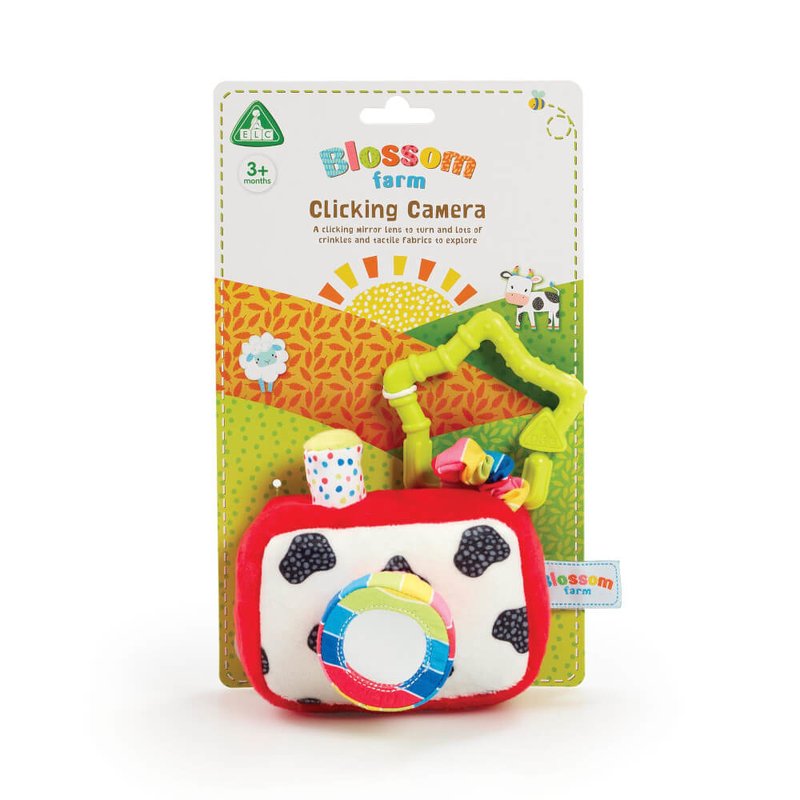
Early Learning Centre
Blossom Farm Clicking Camera
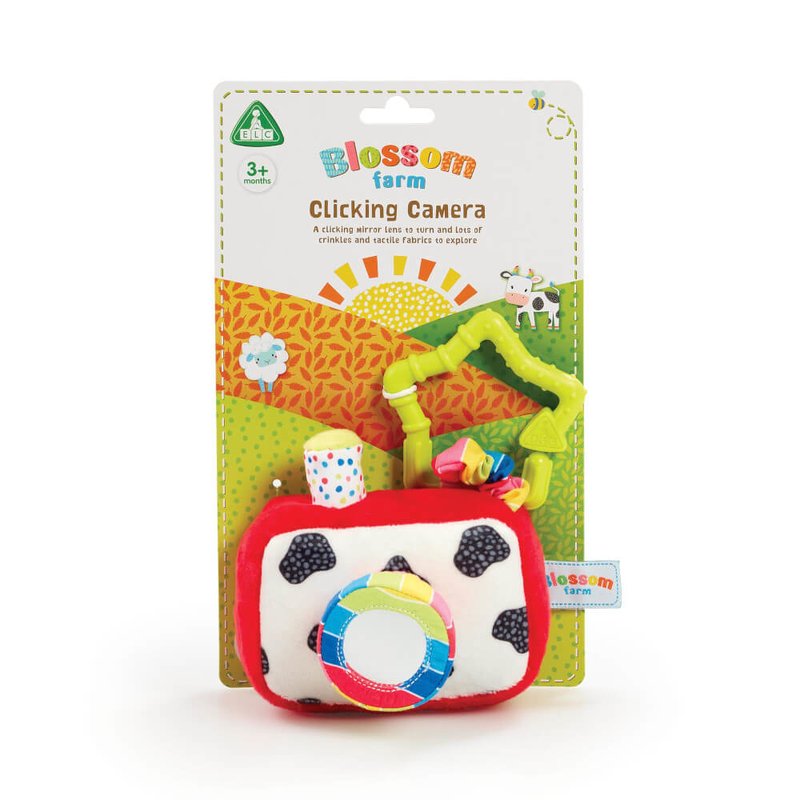
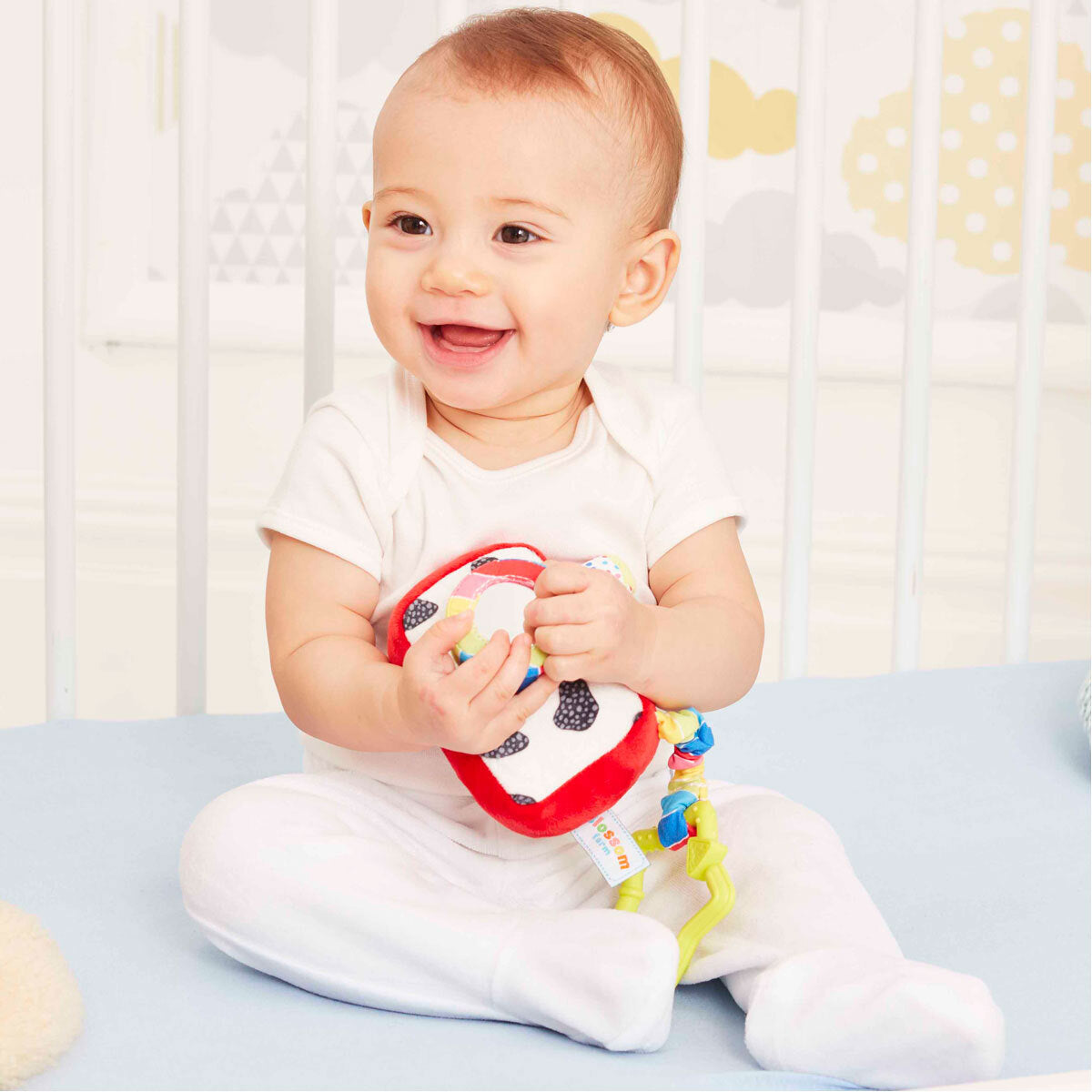

Early Learning Centre
Little Senses Baby Maracas




Shop baby toys
-
Blossom Farm Baby Toy Phone
200377Regular price €11,95 EURRegular priceUnit price per -
Aquani Anti-UV UPF50+ Paddling Pool - Mariniere
A035220Regular price €69,95 EURRegular priceUnit price per -
Blossom Farm Clicking Camera
200378Regular price €11,95 EURRegular priceUnit price per -
Triceratops Plush
200071Regular price €12,95 EURRegular priceUnit price per -
Blossom Farm Cow Chime
2001191Regular price €9,95 EURRegular priceUnit price per€0,00 EURSale price €9,95 EUR -
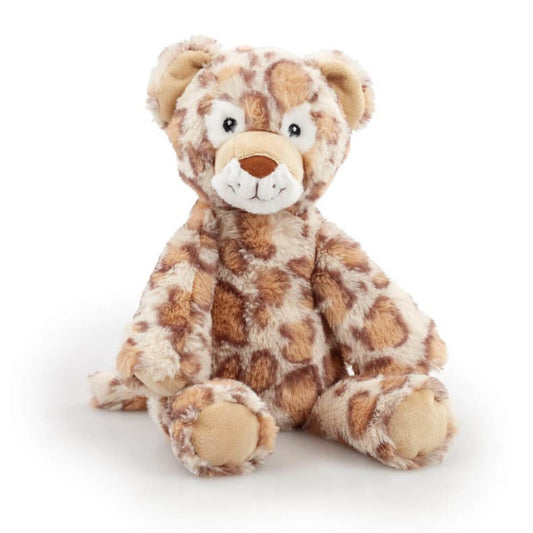 OFFER
OFFERLeopard Plush
2000041Regular price €9,95 EURRegular priceUnit price per€12,95 EURSale price €9,95 EUROFFER -
Early Learning Centre Blossom Farm Rainbow Blankie
200105Regular price €9,95 EURRegular priceUnit price per
